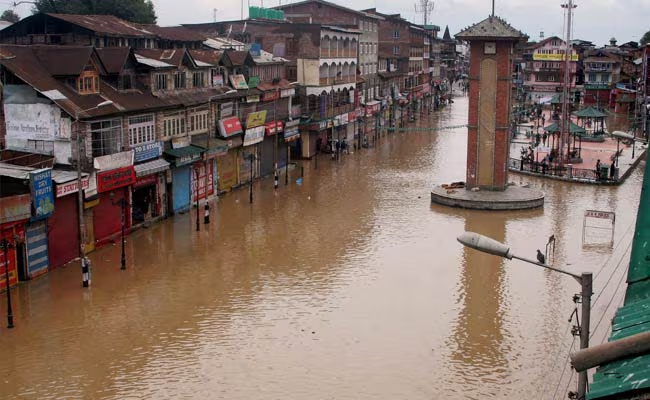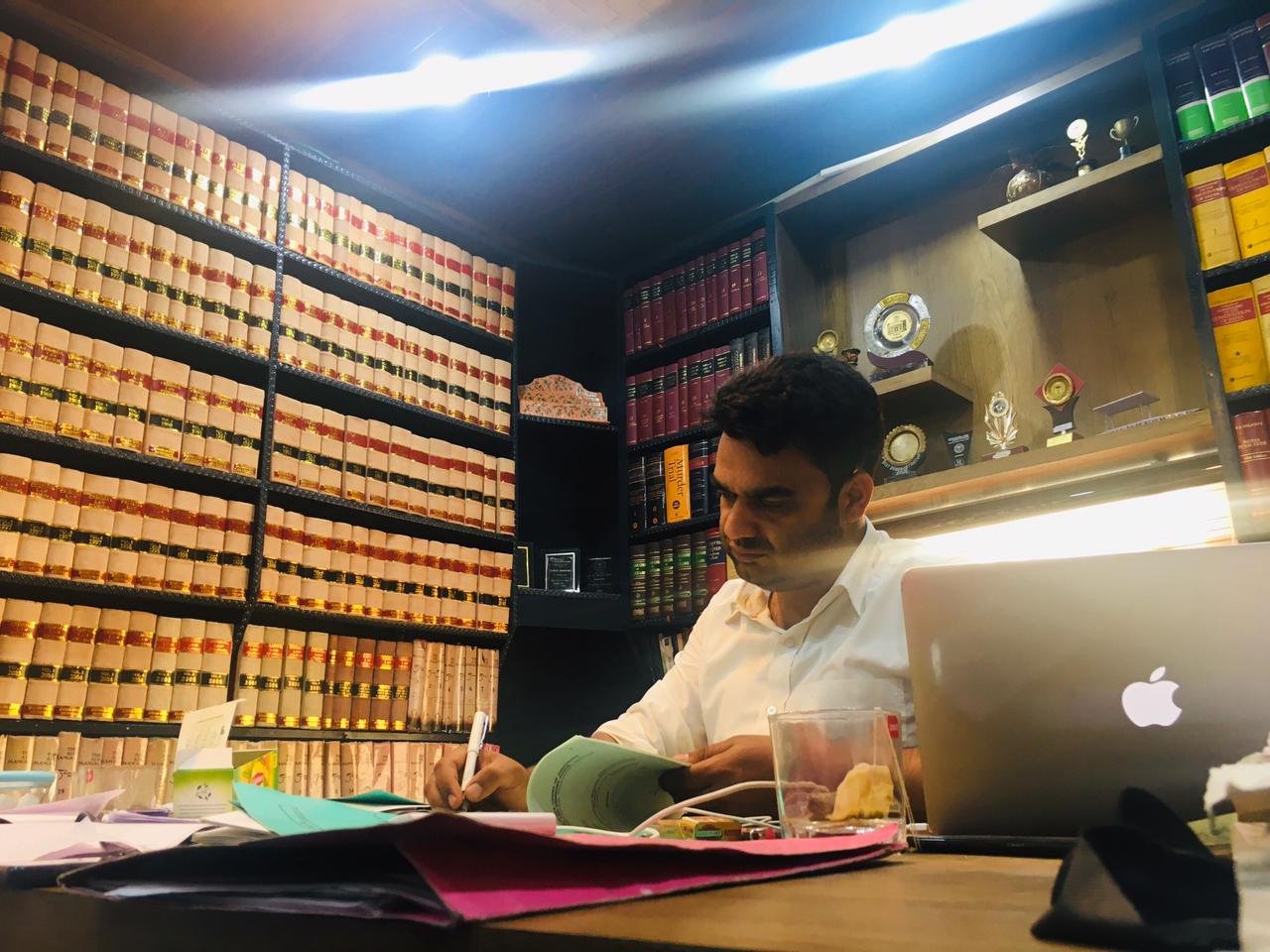
National Food Security Act: The even and the odds, with special reference to J&K state.
The Act seems to be one of the beautiful pieces of legislations after Right to Information, Act. But, the government failed to realize that defunct
RULING BY ‘ARSALAN’ MUBASHIR MUSHTAQ

His Excellency, Markandey Katju, a learned Justice of Supreme Court of India, in a leading Judgment, (Prakash Kadam vs Ram Prasad Vishwanath Gupta), observed that, it is of the essence to mention that the ancient thinkers were of the view that the worst state of affairs possible in society is a state of lawlessness. When the rule of law collapses it is replaced by ‘Matsyanyaya’, which means the ‘law of the jungle’. In Sanskrit the word `Matsya’ means fish and Matsyanyaya means a state of affairs where the big fish devours the smaller one. All ancient thinkers have condemned Matsyanyaya.
In the state of J&K, we have the cases of fake encounters; 2000 unmarked graves, a 70 years old beggar, Habibullah Khan killedand dubbed as the longest surviving, and oldest, militant of the state. Such a situation is only akin to Matsyanyaya.
One of the fundamental Principles of ‘Rule of Law’ implies that ‘Higher Judges and Courts are always ready to closely come in between the ‘tyranny’ and the ‘governance’. Justice expects nation as an aircraft in the mid of the space where it moves untwisted, like wise tyranny and governance should remain untwisted and balanced.
The citizens of Kashmir have lost confidence in the state’s willingness to hold perpetrators of human rights violations accountable. Kashmiris protested on the streets over many mysterious deaths. Now when the case of “UMARKED GRAVES” has been revealed once again by SHRC (IPTK had already revealed it), the civil societies in J&K want to knock the doors of the Court of law. It implies that the people of Kashmir have embedded their trust and faith in the Courts and Judges, expecting them to come to their rescue.
The plea of the government agencies that a human being might have been killed during the course of the governance is against the principles of Natural Law and Constitutionalism, hence unacceptable. Rule of Law presupposes that when the police appears at the violent place, it’s their duty to protect people, after all it is the people what makes the state not just its boundaries.
Fake encounters are a clear violation of Article 21 of the Constitution, which states that “no person shall be deprived of his life or personal liberty except according to procedure established by law”. The NHRC had set guidelines for governments to deal with encounter deaths way back in November 1996, and followed them up with another set of guidelines in 2003. These include the investigation of encounter deaths by independent investigating agencies, registration of an FIR in case of a specific complaint, and an inquiry by the district magistrate in all cases of death which occur owing to police action.
The Telegraph (June 8, 2011) quoted some civil rights activists, pointing out that neither the NHRC nor its guidelines have had any effect in stemming the tide of fake encounters. Even where the NHRC has found the policeman guilty, it hasn’t been able to do anything, as it is powerless. The fact is that no one fears the NHRC — neither the police nor the governments. So it is now left to the Supreme Court to take some action in this regard.
Recently the honorable Supreme Court of India while expressing its anguish on fake encounters in a leading Judgment of Prakash Kadam Vs Ram Prasad Vishwanath Gupta (2011, 06- SCC, 189-C), opined that in cases where a fake encounter is proved against policemen in a trial, they must be given death sentence, treating it as the rarest of rare cases. Fake `encounters’ are nothing but cold blooded, brutal murder by persons who are supposed to uphold the law. In the opinion of the learned Court, if crimes are committed by ordinary people, ordinary punishment should be given, but if the offence is committed by policemen much harsher punishment should be given to them because they do an act totally contrary to their duties.
In the same case the Supreme Court of India warned the policemen that they will not be excused for committing murder in the name of `encounter’ on the pretext that they were carrying out the orders of their superior officers or politicians, however high. In the Nuremburg trials the Nazi war criminals took the plea that `orders are orders’, nevertheless they were hanged. If a policeman is given an illegal order by any superior to do a fake `encounter’, it is his duty to refuse to carry out such illegal order, otherwise he will be charged for murder, and if found guilty sentenced to death.
As the Apex Court said the `encounter’ philosophy is a criminal philosophy, and all policemen must know this. Trigger happy policemen who think they can kill people in the name of `encounter’ and get away with it should know that the gallows await them.
(Writer Mubashir Mushtaq is a Final Year Law student at A.M.U. Aligarh.)

The Act seems to be one of the beautiful pieces of legislations after Right to Information, Act. But, the government failed to realize that defunct

Kashmir floods: Sailing to safety on ‘Jugaad’s Ark’ BY ‘Hilal-Mir The article is a personal, eyewitness account of the devastating floods that hit Srinagar, Kashmir,

The Right to Information (RTI) Act is often hailed as a cornerstone of transparency and accountability in democratic governance. Yet, in Jammu & Kashmir, the
As per the rules of the Bar Council of India, we are not permitted to solicit work or advertise. By visiting this website, you acknowledge that the information provided is solely for informational purposes, voluntarily gained by you. We are neither soliciting nor advertising.Further, the information provided on this website is accessed by the user's own volition, and any transmission, receipt or use of this information available on this website does not create any liability or any relationship with us.